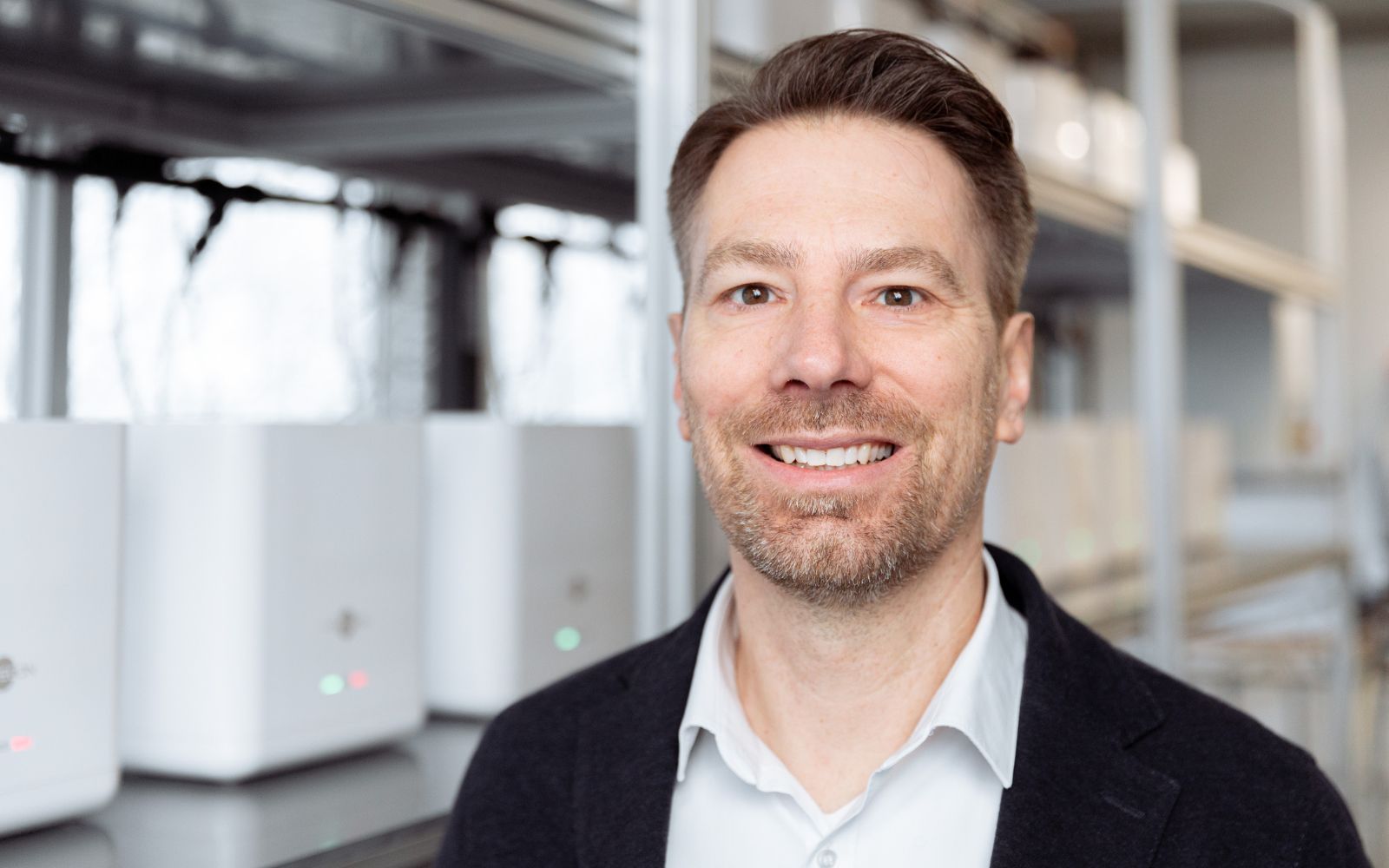Article: The pros and cons of a water softener - Why lime does not pose a health risk

The pros and cons of a water softener - Why lime does not pose a health risk
In many regions of Germany there is a high calcium content in the water, which is why the water hardness is in the "hard" range (>14°dH). Hard water leads to limescale deposits in pipes, water fittings and kitchen appliances.
Hard water is caused, among other things, by acid rain, which dissolves calcareous rock and thus introduces calcium into the groundwater. In addition to calcium, other alkaline earth metals such as magnesium and beryllium also contribute to the hard water and are recorded as the total hardness in °dH.
To reduce the water hardness, softening systems are often installed on the domestic water inlet pipe or table filters are used. These devices are based on the principle of ion exchange and use exchange resins to soften the water. Calcium and magnesium ions are mainly removed from the water and exchanged for sodium ions. In another variant of the exchange resins, instead of sodium ions, H+ ions can also be released into the water, as is mainly the case with table filters.
| Advantages of a softening system | Disadvantages of a softening system |
|
|
Conclusion
Water that has been softened by a softening system should not be used as a source of drinking water. The low calcium and magnesium content, but on the other hand possibly high sodium content, are rather counterproductive in drinking water.
Nevertheless, a water treatment system is basically a sensible investment. Hytecon's HYPRO WATER reliably removes really unhealthy water components such as
- Viruses and bacteria
- Hormones and drug residues
- Microplastic particles
- Pesticides
- Heavy metals,
but at the same time preserves the natural mineralization of the water.

